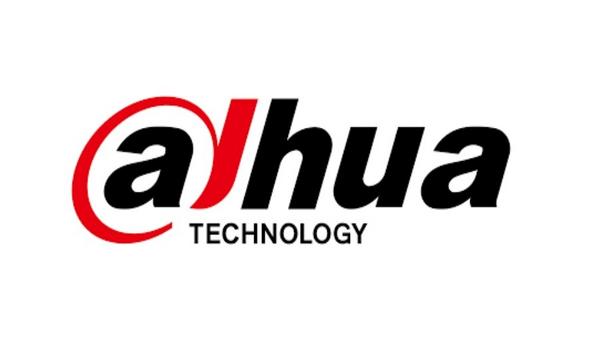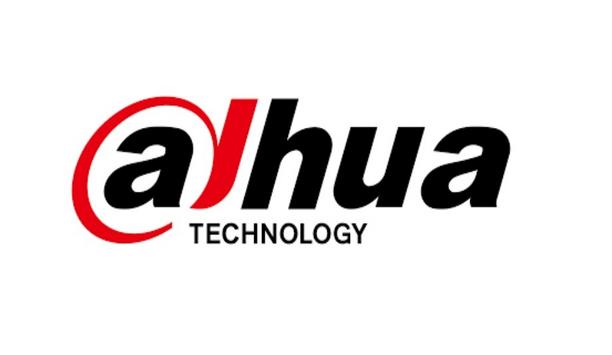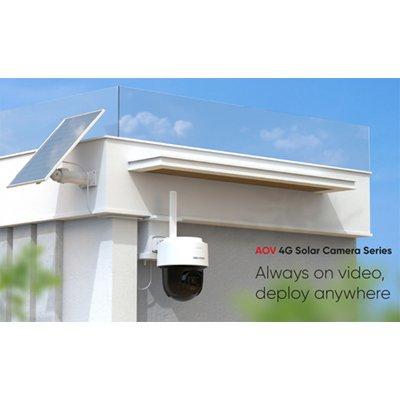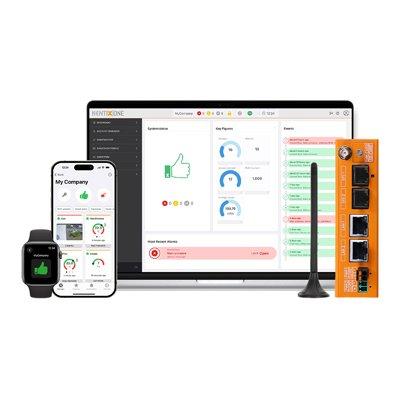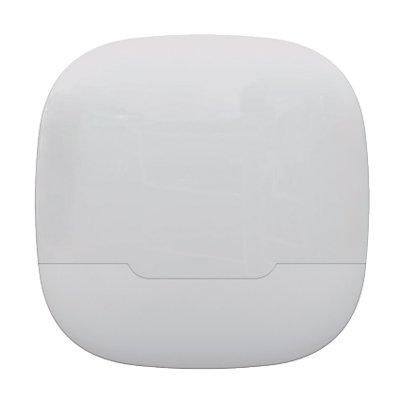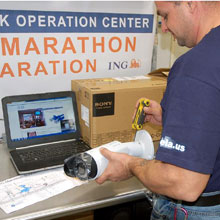 |
| Sony’s IP cameras were selected for their ability to stream over a wireless mesh network |
The New York City Marathon is the largest in the world. After the 2012 race was cancelled due to Superstorm Sandy, a record number of runners turned out for the return of the marathon in 2013. More than 50,000 people finished the race, the most ever in any marathon. In addition to the runners, more than two million onlookers lined the 26.2-mile route as it wound through all five of New York City’s boroughs before concluding in Central Park.
The marathon is organised and managed by the New York Road Runners (NYRR), a local non-profit running club that serves runners at all ability levels and organises world-class running events. With marathon security being a top concern in the wake of the Boston Marathon incident, the NYRR wanted to implement additional safety measures for the 2013 race.
Securing events such as races is always challenging, primarily due to the openness of the course and the millions of people who converge on a defined area. To address this challenge, the NYRR wanted a system that would help them increase situational awareness in and around Central Park, where marathon runners cross the finish line and reunite with their friends and families.
A primary challenge in installing such a security system is the lack of infrastructure. Marathons often wind through areas that do not have adequate network infrastructure in place to support secure, high-resolution video transmission—and the New York City race was no exception.
To overcome this challenge, security integrator EIA, Inc. designed a surveillance system utilising Sony IP cameras connected to a wireless mesh network from Firetide Inc. Adam Roth, vice president of EIA’s Technology division, said that Sony’s IP cameras were selected for the New York City Marathon installation because of their full-HD image quality, ease of installation, and ability to stream over a wireless mesh network.
The technologies from Firetide and Sony allowed EIA to temporarily install video surveillance around Central Park in a short amount of time. Just 36 hours before the race, EIA accessed utility poles designated by the NYPD’s Counterterrorism Bureau to set up the Sony IP cameras—and Firetide wireless mesh nodes and antennas—high above the park. The mesh network connected the IP cameras to a reliable, temporary, private wireless video network, without creating any permanent alterations to New York City’s infrastructure. EIA integrated the various technologies using Milestone Systems’ open-platform video management software.
The surveillance system originated on the streets surrounding Central Park, ran into and through the park, and terminated at the marathon’s operation centre. The operations centre was staffed by members of the FBI Joint Terrorism Task Force, New York Police Department officers, and EIA executives.
Both the marathon management and law enforcement officials used multiple video displays from the Sony IP cameras to improve their views and situational awareness of race areas in and around Central Park. The system was also integrated into the marathon’s larger security footprint established by the NYPD, enabling any critical visual information to be shared on a broader scale.
Understand how converged physical and cybersecurity systems can scale protection.


